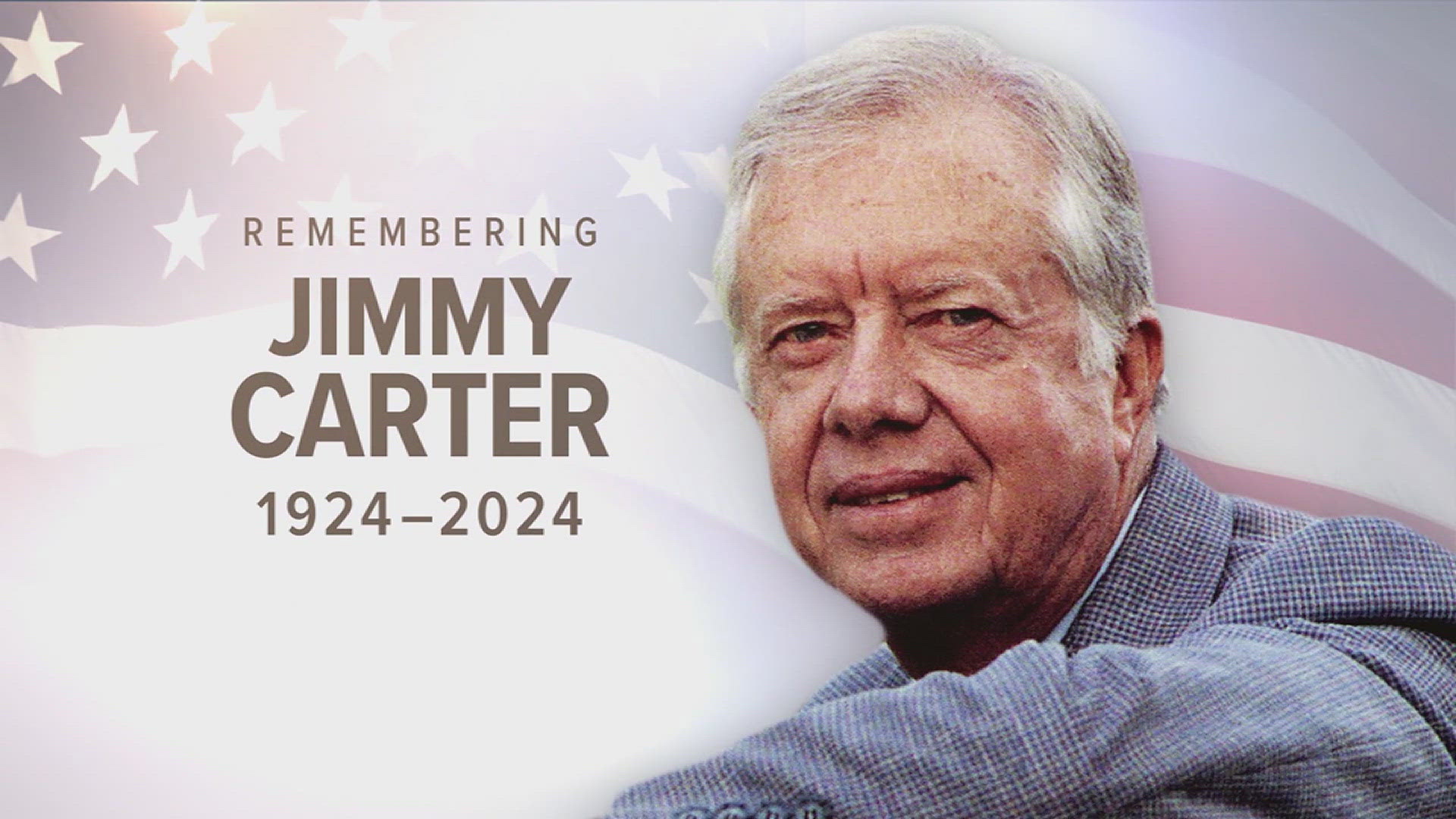(Akiit.com) The Reverend Dennis Meredith’s mouth had to drop when his head deacon brusquely accused him of turning the church into a “sissy church†and left in a huff. Reverend Meredith had committed the unpardonable sin to the deacon and as it turned out hundreds of other black members at the predominantly black Tabernacle Baptist Church in Atlanta of embracing and welcoming gay members. The deacon and the other members that fled the church in protest over gays are not a hateful, intolerant aberration. There are reports from other black churches of members marching out in indignation when their minister preaches a message of tolerance toward gays.
The first big warning sign that the issue would inflame, polarize, and even energize blacks within and without the black pulpit came in 1997 when the Green Bay Packers perennial all-pro defensive end Reggie White, an ordained minister, touched off a firestorm of protest from gay groups with a rambling, hour- long talk to the Wisconsin legislature in which he took a huge swipe at gay rights and gay marriage. He later barnstormed through several Mid-Western cities pushing the anti-gay gospel at pro-family rallies.
Before his untimely death in 2005, White apologized for his anti-gay remarks, but he was unrepentant in his view about homosexuality. He was a conservative black minister and homosexuality still violated his biblical conception of the proper roles for men and women. In defying the canons of political correctness, White became the first celebrity black evangelical to say publicly what many black religious leaders said and believed privately. Few blacks joined in the loud chorus that condemned his remarks.
A year before White’s outburst, a Pew Poll measured black attitudes toward gay marriage and found that blacks by an overwhelming margin opposed it. A CNN poll eight years later showed that anti-gay attitudes among blacks had not changed much since then. At a tightly packed press conference in October 2003, five of Michigan’s top black prelates publicly called on the state legislature to amend the state constitution to define marriage as between a man and a woman. The ballot measure passed in November, and more than fifty percent of blacks backed it.
The same year the conservative Virginia based Alliance for Marriage corralled a handful of top black preachers to plop their name on the Alliance’s letterhead and tout the Alliance’s anti-gay rights agenda. The Alliance’s biggest catch has been Walter Fauntroy. His civil rights and Democratic Party credentials were impeccable. He had marched and gone to jail with Dr. Martin Luther King, Jr. and was a founder of the Congressional Black Caucus. He not only endorsed the group’s drive for a constitutional amendment outlawing gay marriage, he was a leading Alliance board member, Fauntroy fumed at any talk that he was a stooge of the Republicans, that he was a turncoat Democrat, and a Bible spouting homophobe, or that he had shamefully betrayed the egalitarian message of Dr. King. “Only fools are going to be diverted to voting for a Republican on the question of gay marriage, and we’re not fools.â€
Yet even a fool might see that it mattered little whether Fauntroy personally abandoned the Democratic Party, or even encouraged other blacks to do that. His name on the masthead of the group that was a stalking horse in the conservative family values war was a coup for the GOP. That also sent a shiver through the ranks of its implacable foe, the NAACP. A foe that is, on all issues involving race, politics, and social justice. But gay rights was another matter.
At the group’s convention in July 2004, there was some talk of taking a delegate vote to put the organization firmly on record backing gay rights. It didn’t get far. Reverend Julius Caesar Hope, the head of the NAACP’s religious affairs department, warned that a resolution to back gay marriage “would make some serious problems. I would think the membership would be overwhelmingly against it, based on our tradition in the black community.â€
Seven months before the November 2004 presidential election, a legion of black churchmen staged a rally on Capitol Hill, “We believed that we are faced with a challenge,†Bishop Paul Morton thundered to the crowd, “God versus same-sex marriage and we will not compromise in that area.†A day later an AME convention forbade its ministers from performing same-sex marriages.
Gay rights, and especially gay marriage, advocates had a big uphill battle to convince blacks that tolerance didn’t begin and end with race alone. The Democrats and civil rights groups had no real defense against the anti-gay phobia among black Christian groups and blacks that weren’t of the faith but still loathed gay marriage.
Nonetheless, the Reverend Meredith and the few black ministers that preach a message of tolerance even as their church’s hemorrhage with dwindling memberships and collections should be applauded. That’s the true Christian message; a message that many Christians seem to have forgotten.
By Earl Ofari Hutchinson









Leave a Reply